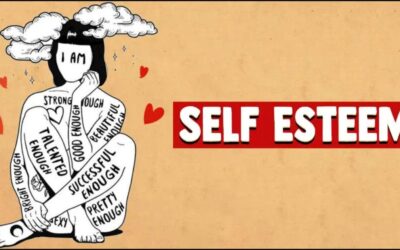Nurturing Hope: Empowering Children in Kakuma Camp

In Kakuma refugee camp, amidst the challenges and uncertainties, a glimmer of hope shines through the resilient spirits of its youngest residents. The children of Kakuma are not merely survivors; they are resilient dreamers, eager to learn, play, and create a better future. This article delves into the unique experiences, struggles, and triumphs of the children in Kakuma camp, highlighting the crucial role of education, support systems, and community in nurturing their growth and empowering them to overcome adversity.
Education as a Lifeline
Despite the odds stacked against them, education remains a beacon of hope for the children of Kakuma. We explore the dedicated efforts of NGOs, educators, and volunteers to provide access to quality education within the camp. From makeshift classrooms to innovative learning spaces, these initiatives strive to equip children with knowledge and skills that will shape their future.<br>
Amidst the harsh realities of camp life, play and creativity offer respite and healing for the young souls in Kakuma. We delve into the initiatives and organizations that promote recreational activities, art, music, and sports, providing children with spaces to express themselves, heal from trauma, and foster a sense of normalcy and joy.
Protection and Well-being
The safety and well-being of children are paramount in Kakuma camp. We shed light on the efforts of child protection agencies, community leaders, and caregivers to create a protective environment for children, addressing issues such as child labor, early marriage, and exploitation. Additionally, we explore the provision of healthcare services, nutrition programs, and psychosocial support to ensure their holistic development
Behind the statistics and hardships, each child in Kakuma has a unique story and dreams for the future. Through personal anecdotes and interviews, we share the inspiring tales of resilience and determination exhibited by these young individuals. From aspiring doctors and teachers to artists and leaders, their dreams encapsulate the unwavering hope that fuels their journey.
The children of Kakuma Camp embody strength, resilience, and the unwavering spirit of hope. Despite the challenges they face, they continue to inspire us with their dreams, creativity, and determination to build a brighter tomorrow. By providing them with education, protection, and opportunities for self-expression, we can help unlock their full potential and empower them to shape their own destinies. Together, let us stand in solidarity with the children of Kakuma and create a world where every child has the chance to thrive and fulfill their dreams
Frequently Asked Questions (FAQs)
Education serves as a lifeline for children in Kakuma Camp, offering hope for a better future and equipping them with knowledge and skills to overcome adversity.
Recreational activities provide children in Kakuma with opportunities for play, creativity, and healing, fostering a sense of normalcy and joy amidst challenging circumstances.
Child protection agencies, community leaders, and caregivers work together to create a safe environment for children in Kakuma Camp, addressing issues such as child labor, early marriage, and exploitation.
Children in Kakuma Camp have diverse dreams and aspirations, ranging from becoming doctors and teachers to pursuing careers in the arts and leadership, reflecting their resilience and determination to build a brighter tomorrow.
Individuals can support the empowerment of children in Kakuma Camp by advocating for their rights, donating to organizations providing education and protection services, and raising awareness about their unique challenges and strengths.











